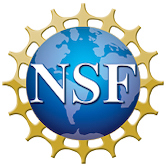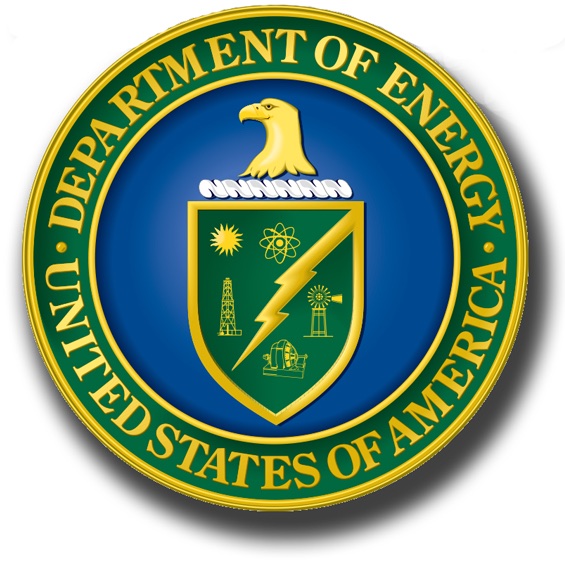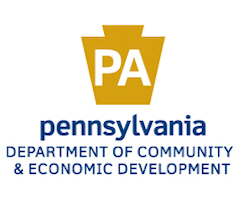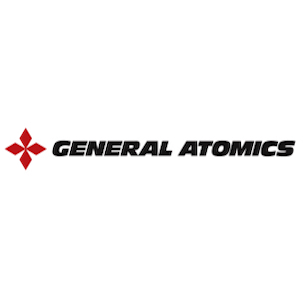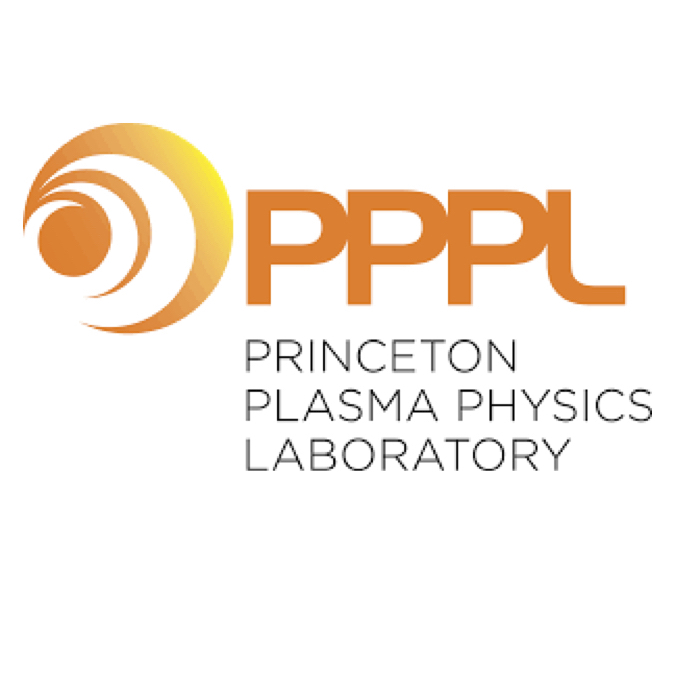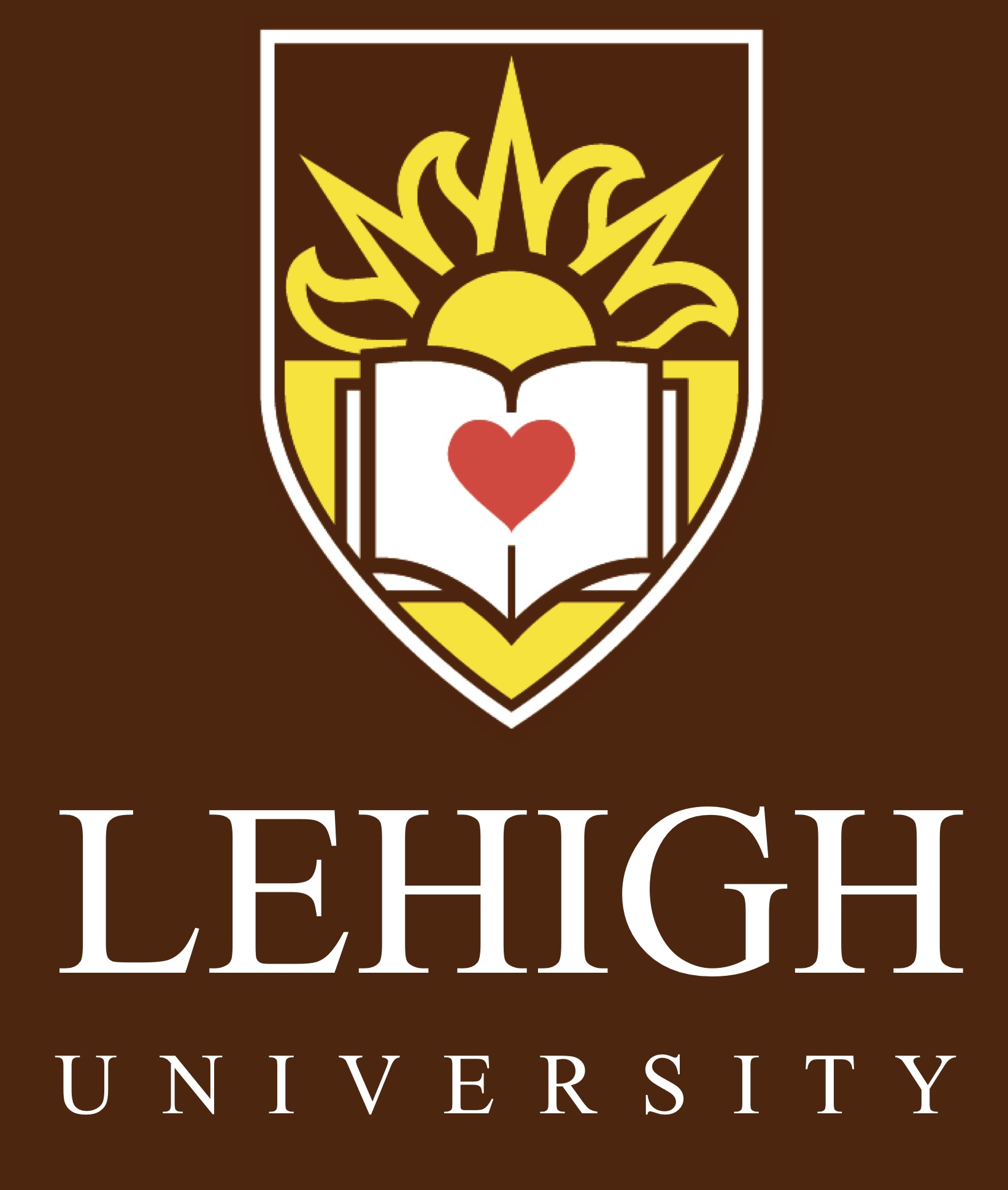Burn Control in Fusion Reactors via Isotopic Fuel Tailoring
M.D. Boyer, E. Schuster
Division of Plasma Physics (DPP) Annual Meeting of the American Physical Society (APS)
Salt Lake City, Utah, USA, November 14-18, 2011
|
Abstract
|

|
The control of plasma density and temperature are among the most
fundamental problems in fusion reactors and will be critical to the
success of burning plasma experiments like ITER. Economic and
technological constraints may require future commercial reactors to
operate with low temperature, high-density plasma, for which the burn
condition may be unstable. An active control system will be essential
for stabilizing such op- erating points. In this work, a volume-averaged
transport model for the energy and the densities of deuterium and
tritium fuel ions, as well as the alpha particles, is used to synthesize
a nonlinear feedback controller for stabilizing the burn condition. The
controller makes use of ITER’s planned isotopic fueling capability and
controls the densities of these ions separately. The ability to modulate
the DT fuel mix is exploited in order to reduce the fusion power during
thermal excursions without the need for impurity injection. By moving
the isotopic mix in the plasma away from the optimal 50:50 mix, the
reaction rate is slowed and the alpha-particle heating is reduced to
desired levels.
